Becoming a scientist-educator
Veronica Segarra, an assistant professor of biology at High Point University, shares how her graduate school experiences in teaching and outreach inspired her to pursue a career in science that combines bench work, teaching and outreach. Segarra describes how lessons learned from past failures are instrumental in guiding current pursuits and talks about the inherent requirement of continuing to take risks as an innovative scientist.
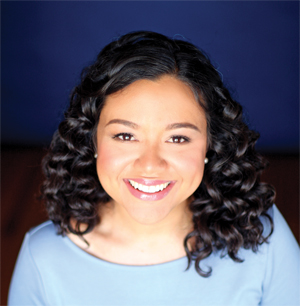 Veronica Segarra was inspired by her graduate school experiences to pursue a career that combines bench work, teaching and outreach. Courtesy of Veronica Segarra
Veronica Segarra was inspired by her graduate school experiences to pursue a career that combines bench work, teaching and outreach. Courtesy of Veronica Segarra
Tell us about your current career position.
I am an assistant professor of biology at High Point University, a primarily undergraduate institution. In this position, I am a scientist, a teacher, a mentor and a community organizer focused on science outreach. My lab at HPU studies membrane traffic during times of cellular stress using baker’s yeast as a model system.
What are the key experiences and decisions that have enabled you to reach your current position?
As a graduate student, I looked for opportunities to engage in volunteer work with the hope of identifying what I was passionate about in a larger context. I knew I loved bench work, but were there other options or aspects that I would enjoy in a career? Two experiences that were key in shaping who I am today come to mind. I shadowed faculty and taught chemistry at a community college, and I mentored middle school students through their science fair projects. While living these experiences, I discovered that I love teaching when surrounded by students who are eager to learn and colleagues who care deeply about their teaching and their students. I also discovered a love for partnering with the community in science outreach projects. Moving forward, my goal, if possible, was to combine all of these passions and to include bench work, teaching and outreach in my career as a scientist. Once I had identified these interests in teaching and outreach, I sustained these types of activities while training as a scientist at the bench. I wanted to refine my interests and abilities in these areas. It also allowed me to meet a lot of interesting people, some of whom have been instrumental in helping me get to where I am today. I am so thankful for these experiences and colleagues.
How did you first become interested in science?
I first became interested in science through experimentation. I had a middle school science teacher who was really good at engaging us with experiments. The scientific method seemed so intuitive. I was hooked!
Were there times when you failed at something you felt was critical to your path? If so, how did you regroup and get back on track?
I have failed a lot. Failure can be painful and embarrassing, especially when others are looking and taking note. In my experience, the important thing is not to let that pain and embarrassment prevent you from moving forward or taking other risks. If you are not taking risks, you are likely not innovating in the type of work that you are doing. Unpacking or analyzing your failures is the key to learning from them. What worked? What did not work? How do I move forward from here? Keeping the larger picture in mind also will help you meet failure elegantly and with class. Why are you doing what you are doing? What is your ultimate goal? For example, in graduate school, sometimes your driving force will be the science topic of interest — “I want to figure X out.” Other times your driving force will be the desire to finish your degree — “I just want to get my degree and move on.” You have to find what works for you and what drives you. You are your own cheerleader. Once in a while, someone will come along and will offer you help and support — accept it and be thankful for it. Pay it forward as soon as you are able.
What advice would you give to young persons from underrepresented backgrounds who want to pursue a career in science similar to yours?
First and foremost, you are an individual, a scientist, not an underrepresented minority. Let this guide your career trajectory.
What are your hobbies?
I recently purchased a home — I have been spending a lot of time in the yard. I would say gardening is one of my hobbies now.
What was the last book you read?
Like other HPU students and faculty, I am reading “How to Fly a Horse: The Secret History of Creation, Invention, and Discovery” by Kevin Ashton. Every year, the HPU community engages in a common reading to foster discussion of important themes. The topic we are discussing this academic year is “Creation, Connection and Community.”
Do you have any heroes, heroines, mentors or role models? If so, describe how they have influenced you.
I do have these, too many to list. Not only are they more experienced scientists but also peer mentors similar in career stage.
What is it that keeps you working hard every day?
I have two main drivers or long-term goals for inspiration these days. One of them is wanting to attain tenure at my institution. A second source of inspiration is my students. I want to be the best scientist and mentor I can be so that they can have the best experience. In this context, I have a set of personal goals that provide a scaffold for the goals described above. One of them is that I strive to be a happy scientist with a fulfilling personal and spiritual life, and I want to have fun at work. If one of these personal goals is not being met, I know that it is time to make an adjustment to the way I am doing things.
About the Research Spotlight
The American Society for Biochemistry and Molecular Biology’s Research Spotlight highlights distinguished biomolecular and biomedical scientists from diverse backgrounds as a way to inspire up-and-coming scientists to pursue careers in the molecular life sciences. Eligible candidates include Ph.D. students, postdoctoral fellows, and new or established faculty and researchers. To nominate a colleague for this feature, contact ASBMB's Education department.
Enjoy reading ASBMB Today?
Become a member to receive the print edition monthly and the digital edition weekly.
Learn moreGet the latest from ASBMB Today
Enter your email address, and we’ll send you a weekly email with recent articles, interviews and more.
Latest in People
People highlights or most popular articles
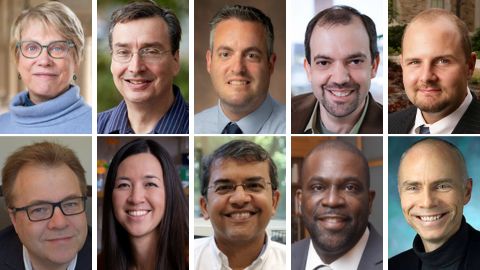
2024 voter guide
Learn about the candidates running for ASBMB Council, Nominating Committee, Publications Committee and treasurer.
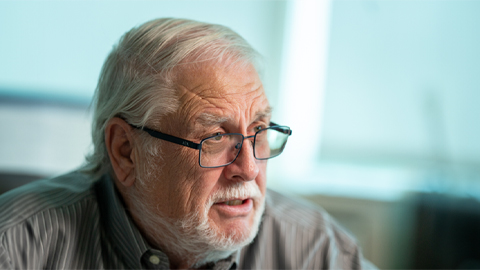
Charles O. Rock (1949 – 2023)
Colleagues and trainees remember a world expert in membrane lipid homeostasis.
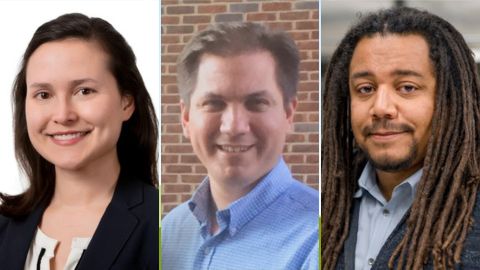
Honors for Clemons, Hatzios and Wiemer
Awards, honors, milestones and more. Find out what's happening in the lives of ASBMB members.
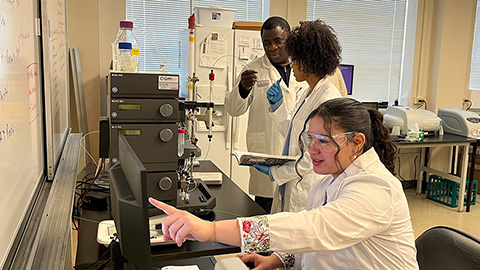
Touching the future from the bench
Scholar, scientist, teacher and mentor Odutayo Odunuga discusses the important roles of the institutional PI, his journey and his research.
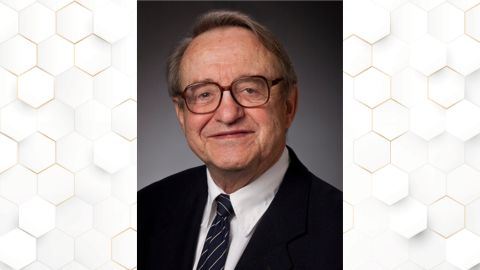
In memoriam: Darwin Prockop
He held leadership positions at multiple institutions and was known for his contributions to adult stem cell biology and cellular biology.
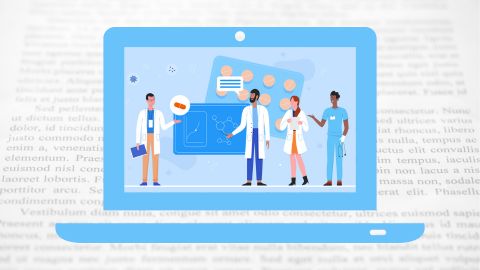
A look into medical writing
Our careers columnist spoke with Ashlea A. Morgan at Chameleon Communications International to get a sense of one type of work a medical writer can do.
